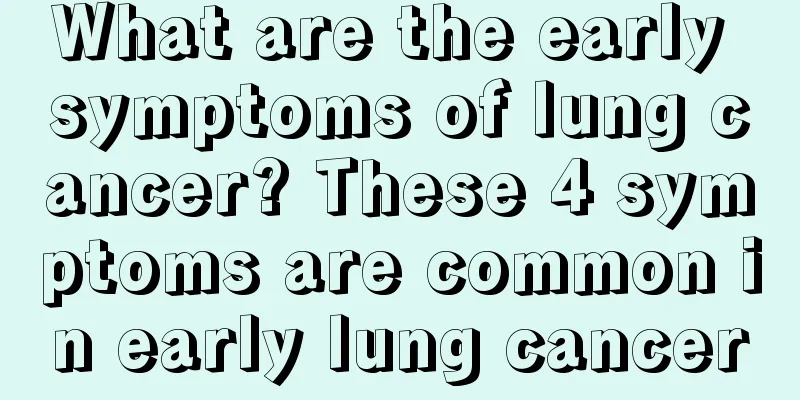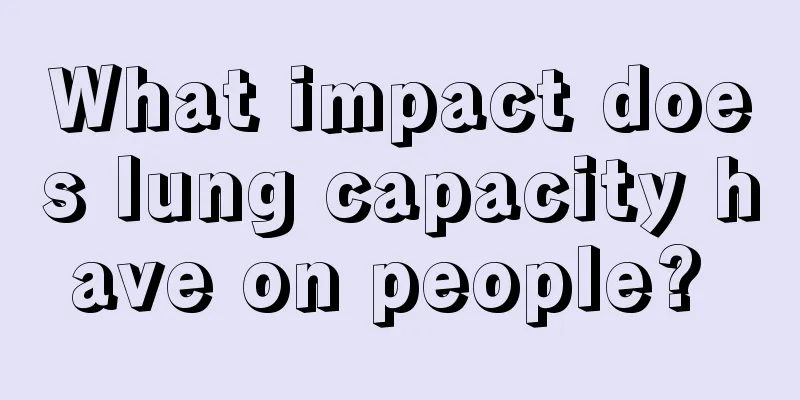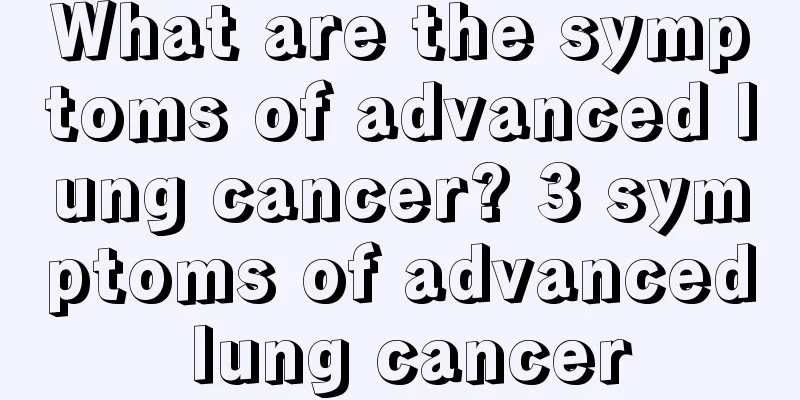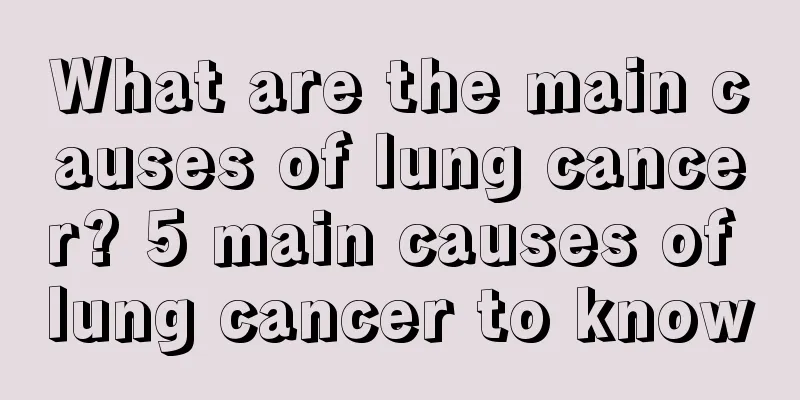What are the signs of nasopharyngeal cancer and how to treat it

|
The earlier nasopharyngeal cancer is treated, the greater the chance of recovery, so we must pay attention to the precursors of nasopharyngeal cancer. So, what are the precursors of nasopharyngeal cancer? How to treat it? The early symptoms of nasopharyngeal carcinoma are often not obvious, but as the disease becomes more serious, the symptoms will gradually become more severe. Common clinical symptoms are as follows: 1. Headache: This is a common symptom, accounting for 68%.6%. In the early stage, the headache location is not fixed and intermittent; in the late stage, it is a continuous migraine with a fixed location. 2. Cervical lymph node metastasis: NPC is prone to cervical lymph node metastasis, about 60.3% to 86.1%, half of which are bilateral metastasis. Cervical lymph node metastasis is usually the first symptom of NPC. 3. Respiration nosebleed: Bleeding symptoms may occur in the early stage, manifested as blood in sputum after suctioning the nose or blood in the nose when blowing the nose. In the early stage, there is only a small amount of blood in the sputum or runny nose, sometimes no blood; in the late stage, there is more bleeding and there may be nosebleeds. 4. Facial numbness: refers to numbness of the facial skin, clinical examination shows decreased or absent pain and tactile sensation. The tumor invades the facial nerve, causing numbness or abnormal sensation of the skin in front of the auricle, cheek, lower lip and chin. 5. Nasal congestion: When the tumor blocks the nostrils, the symptoms of nasal congestion may occur. When the tumor is small, the nasal congestion is mild. As the tumor grows, the nasal congestion worsens, mostly unilateral. If the tumor blocks both posterior nostrils, bilateral nasal congestion may also occur. For patients who have just started to develop the disease and have a mild condition, the treatment is generally based on the principle of radical cure, but remember not to use surgery blindly. Generally speaking, in the first stage of nasopharyngeal carcinoma treatment, nasopharyngeal tumors are usually treated with single radiotherapy and neck lymph nodes are treated with preventive external radiotherapy. Stage I nasopharyngeal carcinoma generally does not require adjuvant chemotherapy. Early stage II nasopharyngeal carcinoma tumors are small and have no lymph node metastasis and are usually treated with single radiotherapy and neck preventive radiotherapy. |
<<: Can brain cancer cause nose bleeding?
>>: Can nasopharyngeal cancer be treated with surgery? What are other treatments?
Recommend
What are the fruits that replenish qi and blood
Qi and blood are very important to us, especially...
What tests should be done for thyroid cancer
What tests should be done for thyroid cancer? Pat...
Blood in mucus should alert you to the occurrence of nasopharyngeal cancer
Blood in the mucus means that there is blood in t...
7 major causes of osteoporosis
Osteoporosis is more common in middle-aged and el...
How to treat calcified thyroid nodules
Everyone wants to keep their body healthy, becaus...
Three special therapies of TCM for treating lung cancer
Lung cancer is a highly prevalent malignant tumor...
What can't people with stomach cancer eat? These three types of food can't be eaten
People with gastrointestinal diseases should not ...
What should ovarian patients usually eat to be good for their health? Eat more foods containing these 3 elements
Ovarian cancer patients should eat more foods ric...
What does primary liver cancer mean
In modern society, more and more people are suffe...
Can I drink tea if I have cervical spondylosis
Drinking tea will not affect the health of patien...
Why does the whole body turn yellow in the late stage of liver cancer? Can it be treated?
The formation of liver cancer jaundice is mostly ...
Understand the causes of liver cancer
Liver cancer is a disease that scares people, and...
Characteristics of back pain caused by lung cancer
Characteristics of back pain caused by lung cance...
What's the matter with the black liquid
The human body is a relatively complex structure....
How to reduce swelling all over the body
When there is a problem with the body, the situat...









